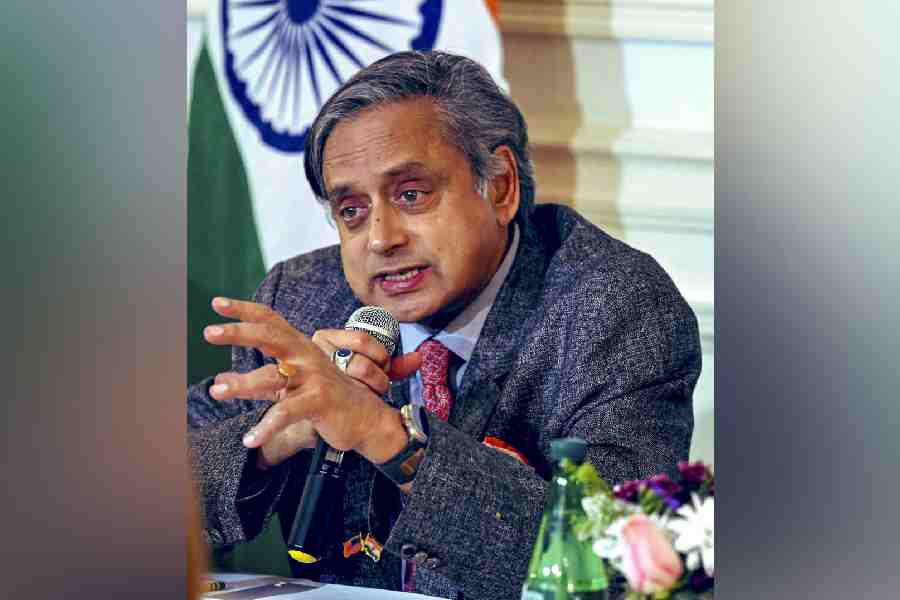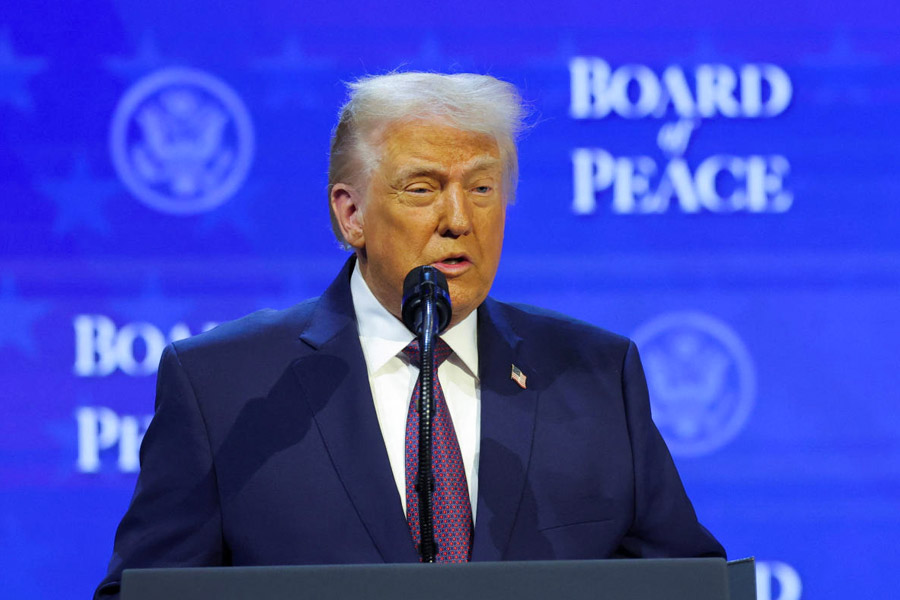Article 19(1)(a) of the Indian Constitution: All citizens shall have the right to freedom of speech and expression. Article 19(1)(a), a recent Malayalam film: The transformation of a woman, just called “penkutty” — Malayalam for girl — from docility and obscurity after a revolutionary writer and free speech activist named Gauri Shankar leaves the manuscript of his book with her to be photocopied at her shop.
Bangalore: The names of the film and one of its central characters have gently stoked associations with the attack on free speech in contemporary India and one of the victims of this assault — journalist Gauri Lankesh, the fearless defender of freedom of expression and human rights and Hindutva critic who was gunned down in Bangalore in 2017.
Like Gauri the journalist, Gauri the author in the movie is killed by motorbike-borne assailants. Indhu V.S., the 33-year-old debutante writer-director of the Nithya Menen-Vijay Sethupathi starrer that released on Disney+Hotstar on July 29, however, prefers to call the movie a “coming-of-age drama” with no overt political message.
During an interview with The Telegraph, Indhu said she had never set out to make a film on the Gauri Lankesh episode or the country’s political climate, but that the journalist “came to my mind as I started working on the details because I was aware of this incident”.
The film revolves around the mundane life of its chief protagonist — penkutty, a subtle nod to the millions of women condemned to a nameless, faceless and voiceless existence — and how her world is turned upside down when a revolutionary writer, Gauri Shankar, comes to her shop to photocopy the manuscript of his yet-to-be-published book and tells her he would return, even if it is late, to pick it up.
Menen — a successful actress of Malayalam, Telugu, Tamil and Kannada cinema who was also a part of the Amazon Prime series Breathe: Into The Shadows — essays the role of penkutty who takes it upon herself to reach the dead author’s unfinished work to people after he gets killed and fails to return to her shop. Sethupathi, who predominantly works in Tamil films and was one of the main antagonists in the recent Kamal Haasan-Fahadh Faasil smash-hit Vikram that was also dubbed in Hindi, is Gauri Shankar.
Pleased with the critical acclaim Article 19(1)(a) has received, Indhu, who has worked in the industry for 12 years as an assistant director, said the powerful political associations were incidental and not deliberate. “For me it is a coming-of-age drama about a penkutty who runs a photostat shop and how she transforms from inactivity to activity after getting affected by a major incident,” she said.“I never tried to make a film on the Gauri Lankesh case. That’s a more serious issue, which means more research and work,” Indhu said.
But she acknowledged that the murder of Gauri Lankesh did have an impact on the script at a later stage. “I had no image or inspiration (of Gauri Lankesh) when I started writing the screenplay. But it (Gauri Lankesh’s murder) came to my mind as I started working on the details because I was aware of this incident.”
Even the name Gauri Shankar was not an attempt to send out a political message on assault on freedom of speech and expression, Indhu said. “It just came to my mind, perhaps because I was always aware of the name of Gauri Lankesh and the incident (of her killing),” said the filmmaker whose nuanced approach to the film has won praise.“I am not a person who treats anything loudly even in my own life. So I wanted to maintain that subtlety even in the script. That’s why I don’t see it as a larger political film. But the element of freedom of expression is imbued in all the characters,” Indhu noted.
She said she did not want Article 19(1)(a) to be a political film, although viewers might get a different impression while peeling the multiple layers of the script that often point to a constant assault on fundamental rights. “A totally political movie will not come from me. It is the dynamics of people’s life that is very important to me and that’s reflected in the characters of penkutty, her father and Fathima (her friend). I gave more attention to that,” Indhu said.Told that the film’s unmistakable connection to Article 19(1)(a), with advocates of free speech and human rights being hounded and even killed, could give it a larger premise and scope, Indhu explained how such freedom applied to everyone in all aspects of life.
“Politics is a part of everything, in all kinds of relationships and all aspects of life. So I tried to tell the story with a minimalistic approach to maintain the subtlety of the script and the characters,” she said, adding it was one of the reasons for not whipping up a pre-release buzz so common in the industry.Both Sethupathi and Nithya are fresh from a string of big projects in the south. “So the audience would have expected something very different had there been pre-release promotions. I did not want anything loud or misleading before the release,” Indhu said.










